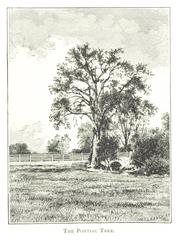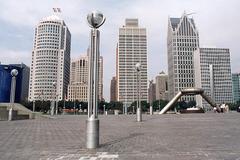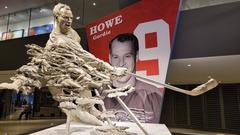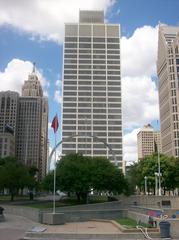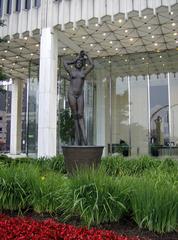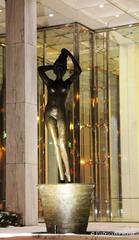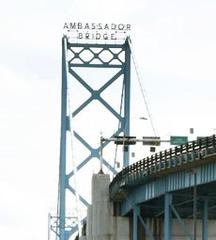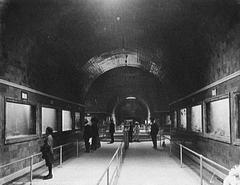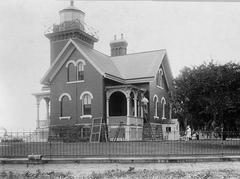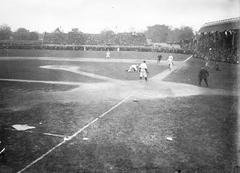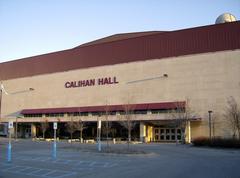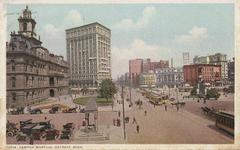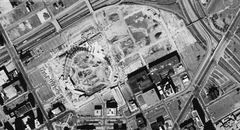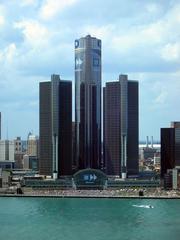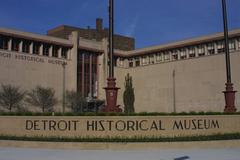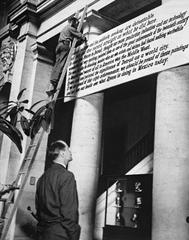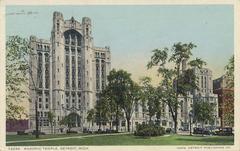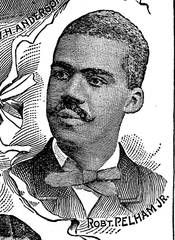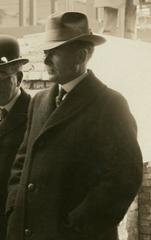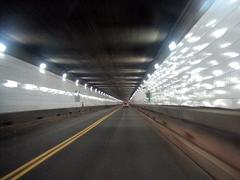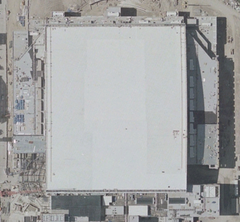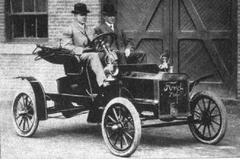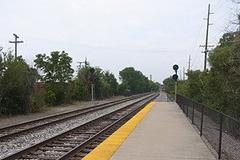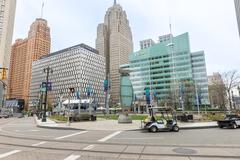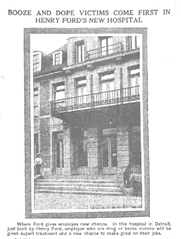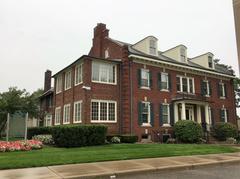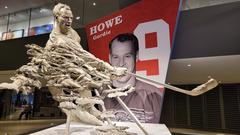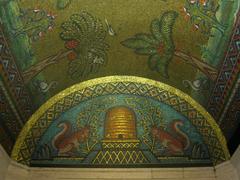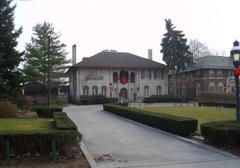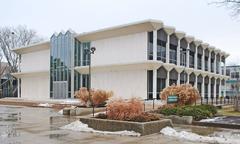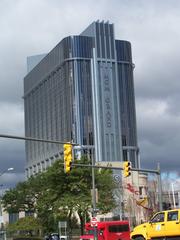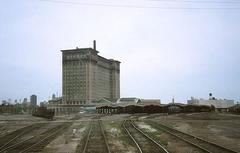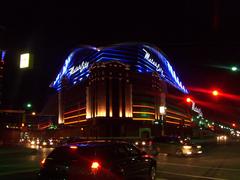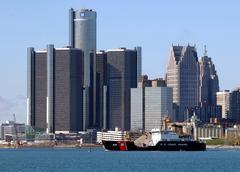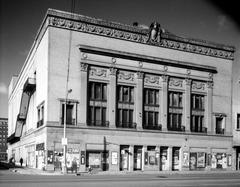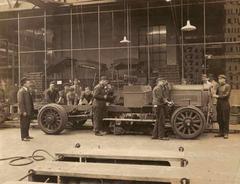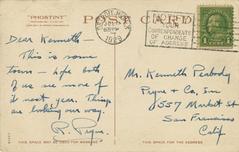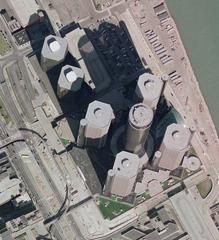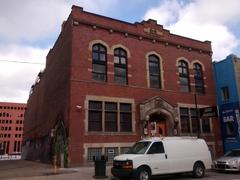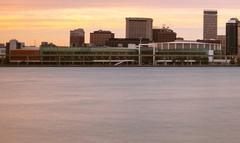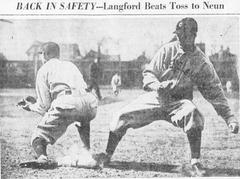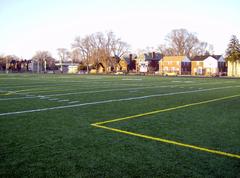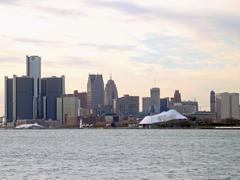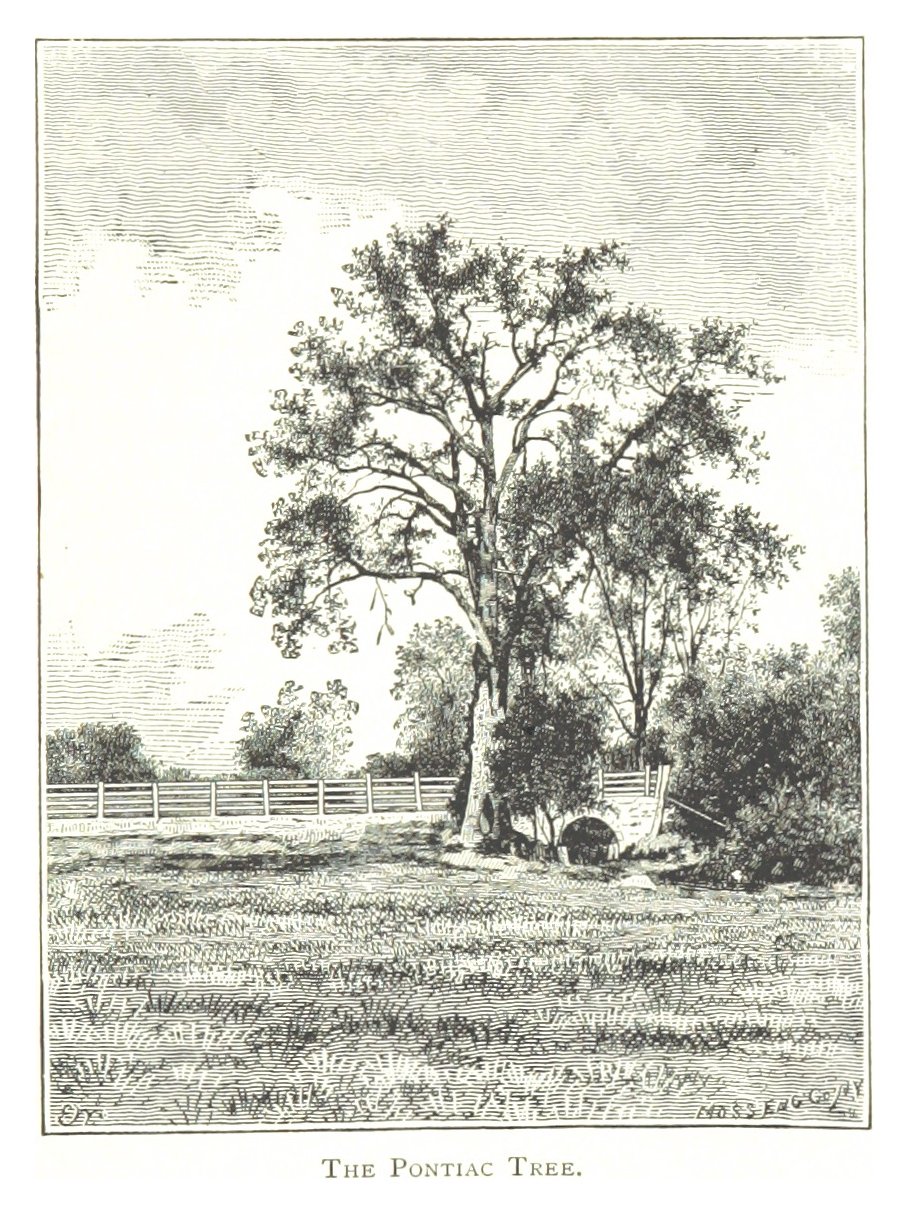
Fountain Drive Visiting Hours, Tickets, and Historical Sites in Detroit
Date: 19/07/2024
Introduction
Located in the heart of Detroit, Michigan, Fountain Drive stands as a testament to the city’s rich industrial heritage and cultural evolution. This comprehensive guide delves into the historical significance, architectural marvels, and cultural hubs of Fountain Drive, providing essential information for prospective visitors. Initially developed in the early 20th century, Fountain Drive’s establishment coincided with Detroit’s rapid industrialization, particularly the boom of the automobile industry. The area features notable architectural styles like Colonial Revival and Tudor Revival, reflecting the design trends of its era. Over the decades, Fountain Drive has evolved into a vibrant community hub, hosting numerous cultural events and festivals, and playing a significant role in the local economy. This guide aims to offer a detailed exploration of Fountain Drive’s history, key attractions, and practical visitor tips to ensure a memorable experience. (VisitDetroit, HistoricDetroit)
Table of Contents
- Introduction
- History of Fountain Drive
- The Role of the Automobile Industry
- Social and Cultural Evolution
- Economic Challenges and Revitalization Efforts
- Notable Landmarks and Historical Sites
- Community and Cultural Events
- Educational and Research Institutions
- Visitor Information
- FAQ
- Conclusion
History of Fountain Drive
Early Development and Establishment
Fountain Drive, a notable Detroit historical site, dates back to the early 20th century. Initially part of a larger tract of land owned by prominent Detroit families, its development began in the 1920s alongside the city’s rapid industrial growth. This initiative aimed to create residential neighborhoods for the influx of workers in the burgeoning automobile industry.
Architectural Significance
The architectural landscape of Fountain Drive is a testament to the styles and trends prevalent during its development. Many of the homes and buildings along Fountain Drive were constructed in the Colonial Revival and Tudor Revival styles, which were popular in the United States during the early 20th century. These architectural styles are characterized by their symmetrical facades, gabled roofs, and decorative brickwork. The preservation of these historical structures has been a priority for the local community, and many of the buildings have been meticulously maintained or restored to their original grandeur.
The Role of the Automobile Industry
Detroit’s identity as the “Motor City” is inextricably linked to the history of Fountain Drive. The proximity of Fountain Drive to major automotive plants and corporate headquarters made it a desirable location for executives and skilled workers in the industry. The economic prosperity brought about by the automobile industry had a significant impact on the development and growth of Fountain Drive. The area saw the construction of numerous amenities, including schools, parks, and shopping centers, to cater to the needs of its residents.
Social and Cultural Evolution
Over the decades, Fountain Drive has witnessed significant social and cultural changes. During the mid-20th century, the neighborhood became a melting pot of diverse communities, reflecting the broader demographic shifts occurring in Detroit. The civil rights movement of the 1960s also left its mark on Fountain Drive, as the area became a focal point for activism and community organization. The legacy of these movements is still evident today, with numerous cultural institutions and community centers dedicated to preserving and promoting the history and heritage of the neighborhood.
Economic Challenges and Revitalization Efforts
Like many parts of Detroit, Fountain Drive faced economic challenges in the latter half of the 20th century. The decline of the automobile industry, coupled with suburbanization and population loss, led to periods of economic hardship and urban decay. However, in recent years, there have been concerted efforts to revitalize Fountain Drive and the surrounding areas. These efforts have included initiatives to attract new businesses, improve infrastructure, and promote community engagement. The revitalization of Fountain Drive is seen as a critical component of Detroit’s broader urban renewal strategy.
Notable Landmarks and Historical Sites
Fountain Drive is home to several notable landmarks and historical sites that offer a glimpse into its storied past.
Fountain Drive Park
Fountain Drive Park is a beautifully landscaped public space that has been a central gathering place for residents since its establishment in the 1930s. The park features a historic fountain, from which the drive takes its name, and is a popular spot for community events and recreational activities.
Fountain Drive Historic District
The Fountain Drive Historic District encompasses a collection of architecturally significant homes and buildings. The district has been recognized on the National Register of Historic Places, highlighting its importance as a cultural and historical asset. Preservation efforts within the district aim to maintain the architectural integrity and historical character of the area.
Community and Cultural Events
Fountain Drive has a vibrant community life, with numerous events and festivals held throughout the year. These events celebrate the rich cultural heritage of the neighborhood and foster a sense of community among residents. One of the most anticipated events is the annual Fountain Drive Heritage Festival, which features live music, food vendors, and historical reenactments. The festival attracts visitors from across Detroit and beyond, showcasing the unique charm and history of Fountain Drive.
Educational and Research Institutions
The presence of educational and research institutions in and around Fountain Drive has also played a significant role in its history. The Detroit Public Schools Community District operates several schools in the area, providing quality education to local children. Additionally, the proximity to major universities and research centers has fostered a culture of learning and innovation within the community.
Visitor Information
Visiting Hours
Fountain Drive Park is open daily from 6:00 AM to 10:00 PM. The historic district is accessible at all times, but visitors are encouraged to respect private properties.
Tickets
No tickets are required to visit Fountain Drive Park or the historic district. However, certain community events or guided tours may have associated fees. Please check the official website for up-to-date information.
Travel Tips
- Parking: Ample street parking is available around Fountain Drive. During events, additional parking spaces may be provided.
- Accessibility: The park and most public areas are wheelchair accessible. Specific accessibility information can be found on the official website.
- Nearby Attractions: Consider visiting other nearby attractions such as the Detroit Institute of Arts, Motown Museum, and Belle Isle Park to enrich your experience.
FAQ
Best Times to Visit
The best times to visit are during spring and fall when the weather is pleasant, and the gardens are in full bloom. However, summer events also offer a vibrant experience.
Guided Tours
Yes, guided tours are available and can be booked through the Fountain Drive Heritage Festival website. These tours provide in-depth insights into the history and architecture of the area.
Hosting Events
Yes, Fountain Drive Park can be booked for private events. Contact the Detroit Parks and Recreation Department for more details.
Safety
Fountain Drive is generally safe for tourists. As with any urban area, it is advisable to stay aware of your surroundings and follow local safety guidelines.
Conclusion
Fountain Drive encapsulates the essence of Detroit’s historical and cultural narrative. From its early development as a residential neighborhood for the burgeoning workforce of the automobile industry to its current role in community revitalization, Fountain Drive is a microcosm of Detroit’s resilience and dynamism. The preservation of its architectural landmarks and the continued celebration of its cultural heritage through various community events ensure that Fountain Drive remains a significant part of Detroit’s urban landscape. Visitors are encouraged to explore the historic sites, enjoy the vibrant festivals, and partake in the local dining and shopping experiences that make Fountain Drive a must-visit destination. For more information and updates, consider visiting the official Detroit parks and recreation website and the Detroit Jazz Festival website.
